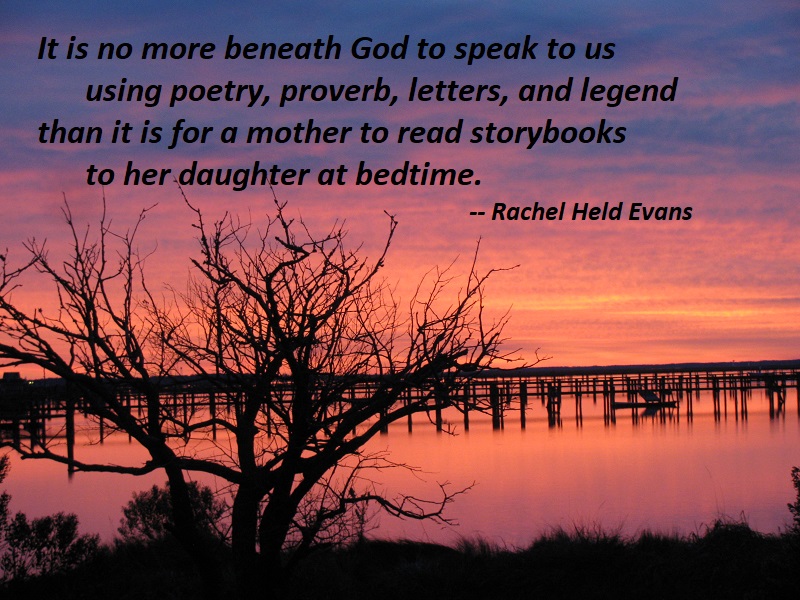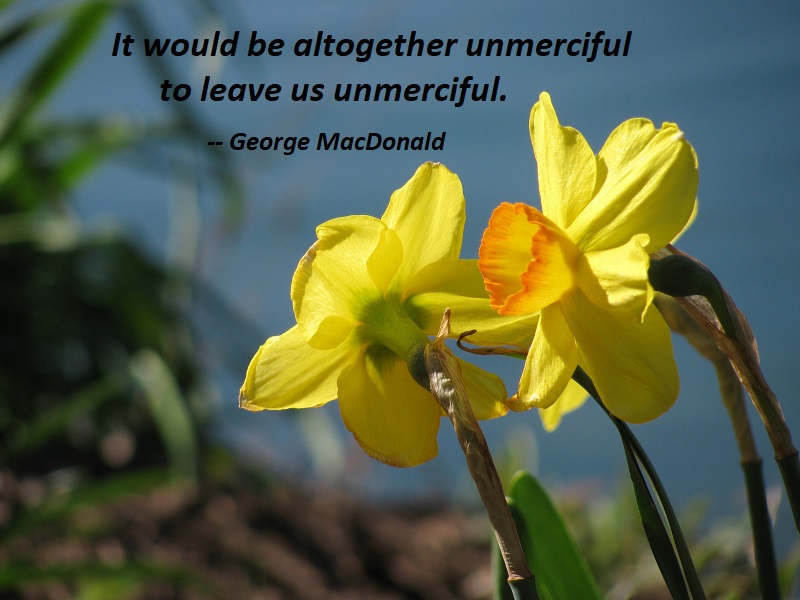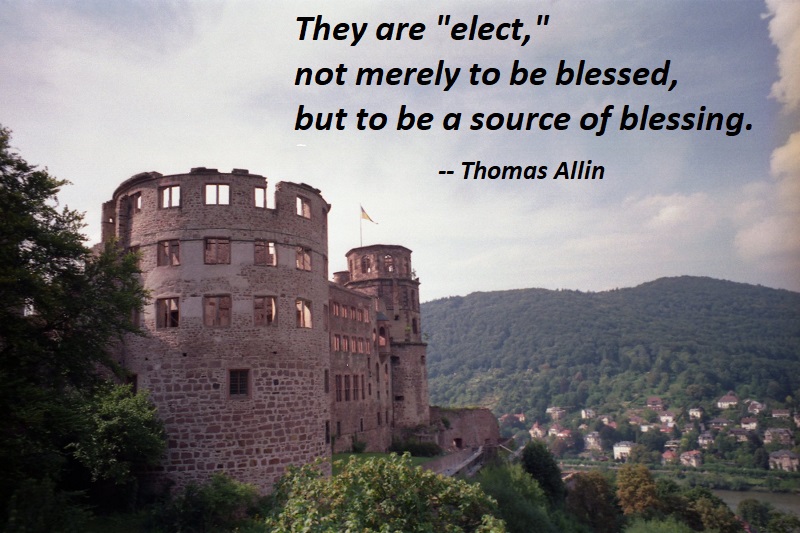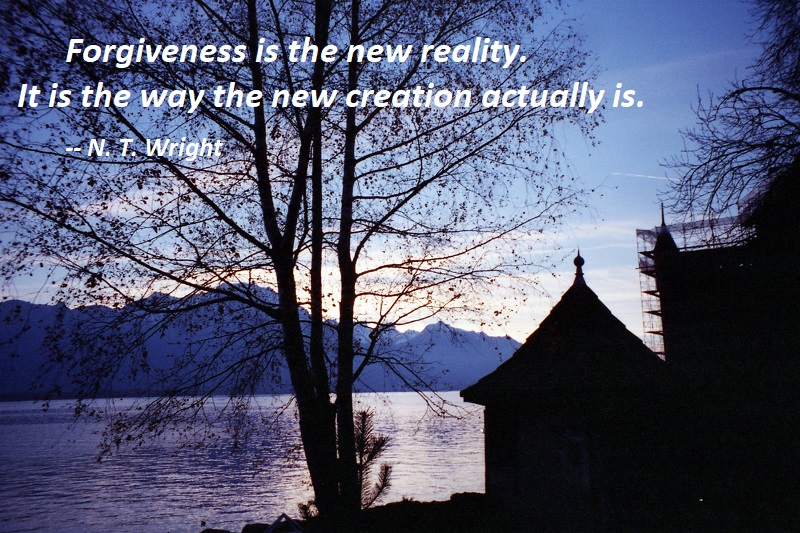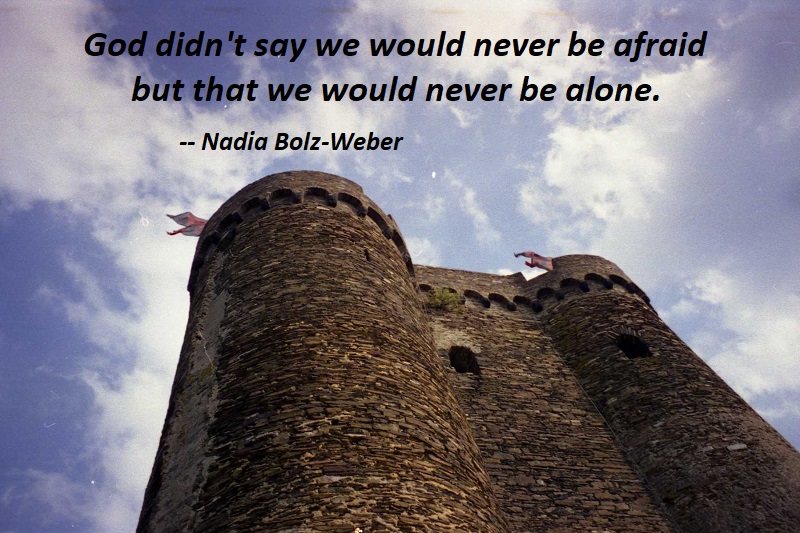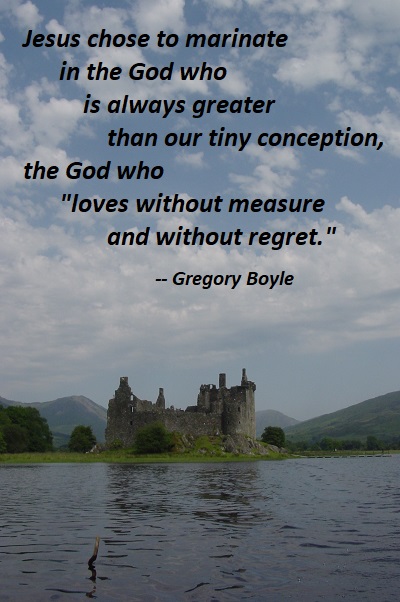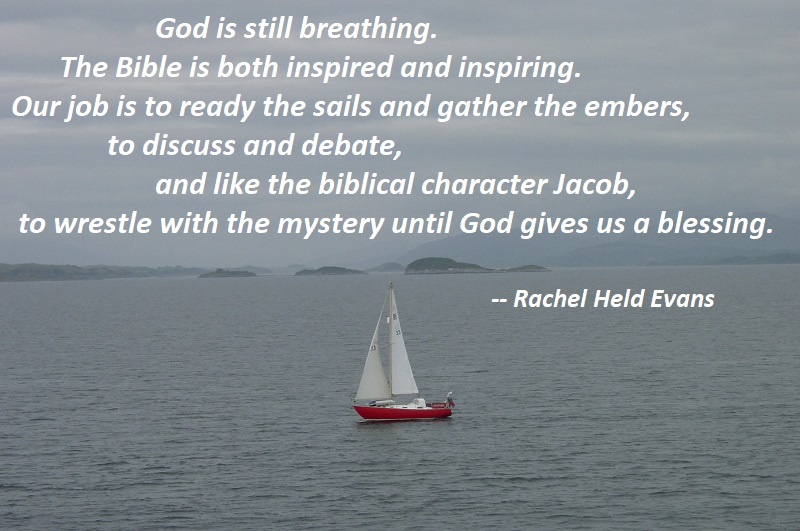Sacrifice to End Sacrificing
So was the death of Jesus a sacrifice? yes, the death of Jesus was indeed a sacrifice. But it was a sacrifice to end sacrificing, not a sacrifice to appease an angry and retributive god. Jesus sacrificed himself to the love of God manifest in forgiveness, not to the wrath of God for the satisfaction of vengeance. It was not God who required the violent death of Jesus but human civilization. A system built upon violent power cannot tolerate the presence of one who owes it nothing. Jesus was nailed to the ultimate symbol of violent power. But Jesus’s act of forgiveness transformed the cross into a new symbol — the symbol of Christian faith, hope, and love. The sacrifice of Jesus was necessary to convince us to quit producing sacrificial victims, but it was not necessary to convince God to forgive. To forgive sinners is the nature of God. When Jesus prayed on the cross for the forgiveness of his executioners, he was not acting contrary to the nature of God; he was revealing the nature of God as forgiving love. The cross is not what God does; the cross is who God is!
— Brian Zahnd, Sinners in the Hands of a Loving God, p. 86-87
[Photo: Urquhart Castle, Loch Ness, Scotland, July 11, 2003]

